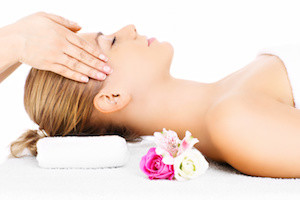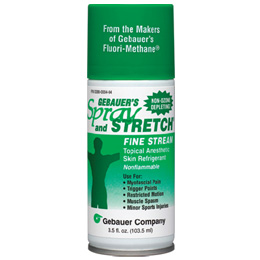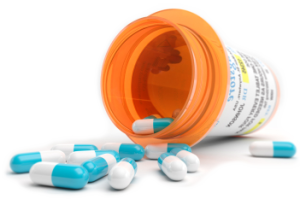Here at AZ Sleep & TMJ Solutions, we provide effective treatment of craniofacial pain so you can live a comfortable life once again. Each person is different, which means treatment will need to be mapped out to your individual needs. Depending on your symptoms, a proper treatment plan can be created for craniofacial pain in North Scottsdale. Let’s take a closer look…
standard-title
Treating Craniofacial Pain
Treating Craniofacial Pain
Our Location
10465 E. Pinnacle Peak Pkwy, Suite 103
Scottsdale, AZ 85255
480-515-6209
Treatment Options
Dr. Sara and her team of dental professionals at AZ Sleep & TMJ Solutions will put a unique treatment plan together:
- Physical therapy: Contraction of the muscle due to a taut band and muscle trigger point may be relieved with physical manipulation by a trained professional. Massage movements in long strokes along affected muscles and stretching exercises may help to relieve muscle tension.
- Trigger Point Pressure Release: This treatment option involves the application of gradually increased pressure at a muscle trigger point—it is meant to soften the knotty muscle tissue of the trigger point and taut band.
- Spray and Stretch: With the use of a very cold spray, the muscle is temporarily distracted, which allows a doctor or therapist to stretch the muscle to the point of release.
- Trigger point injections: In this treatment, a local anesthetic, such as lidocaine or corticosteriod medication, is injected into the tender knotty tissue of the muscle trigger point. The injection works to relax the tension of the trigger point and relieve associated pain.
- Prolotherapy: Also called proliferation therapy or regenerative injection therapy, prolotherapy uses injection of an irritant solution into a joint space, ligaments or tendon insertion to relieve pain. It is a nonsurgical treatment used to stimulate healing.
- Oral Appliance Therapy (OAT): Oral appliances resemble sports guards, which easily form to the teeth for optimal protection and treatment. The goal of treatment with an oral appliance is to relieve the muscle spasm and pain, in addition to establishing a normal range of motion.
- Medications: Over-the-counter NSAIDs, such as ibuprofen and naproxen can help a patient manage the pain. Tricyclic antidepressants have also been found to help relieve pain.



Treatment of craniofacial pain is often dependent on your level of health or severity of the injury. Contact Dr. Sara for more information on craniofacial pain in North Scottsdale and what treatment options are available.
